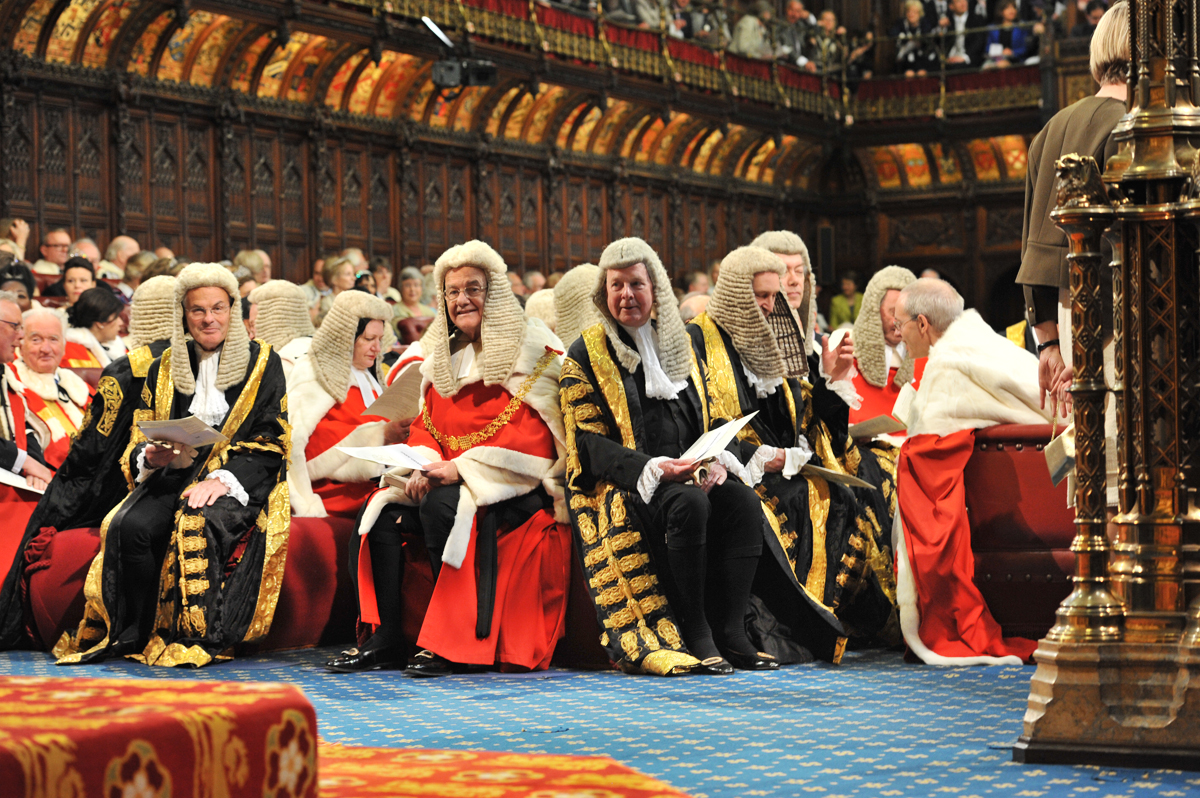[contextly_auto_sidebar id=”wCQOo3KdEZ2FZ8VOhMSrt0w4iUcApXZE”]
Hopes were not especially high for the justice content of this year’s Queens’ speech, but it looks like a packed legislative agenda with much to debate. A last minute surprise was the proposed British Bill of Rights (to replace the Human Rights Act) being postponed for more detailed proposals and consultation to be worked up, the speech briefing talks of maintaining existing rights but with more ‘common sense’ application and protection from misuse.
More specific detailed measures include a clamp down on illegal migrants and their access to services and appeal rights. Welfare reform also features with further freezing and capping of working-age benefits and ‘removing automatic entitlement to housing support for 18-21 year olds’. These are complimented by tax-capping measures and personal allowance changes, and a 30 hour a week of free childcare offer to encourage parents into work.
There is little to indicate further changes to employment law or employment protection, but there is a promise of a red-tape bonfire as part of an ‘entrepreneurship’ package making it easier for small businesses to resolve disputes quickly and easily. For those struggling with housing costs there is also little in the Queen’s speech which might provide relief from rising housing costs; the proposed housing Bill will focus on introducing a right to buy for housing association tenants, developing ‘Starter Homes’ at 20% below market value and more development of brownfield sites. However nothing is offered on the rented homes agenda to increase homes for rent, relieve tenancy costs or tenure complexity, improve security or influence landlord behaviours; it is therefore likely that rents and eviction levels may continue to rise.
So it is clear that advice bodies working in the field of social welfare law will have much to address and deal with in the years ahead. No legal aid legislation is mentioned so it could be inferred from this that the Government will stick with the current settlement.
So it will be up to the increasingly hard-pressed local government sector to step up to the plate as funder of advice services; local authorities are being promised many more powers in a Cities and Local Government Devolution Bill, but nothing by way of additional resources. One area of spend that has been promised extra resources is the NHS with £8 million and a new Health and Social Care Bill to deliver on the Stevens Agenda to improve access to general practice and integrate health with social care to cater for an ageing population. Considerable work is going on in the advice sector on working with the health economy and with public health agenda to deal with both non-health demand on the NHS, and address the social determinants of ill-health such as ill health and debt – continued commitment to the Stevens agenda might therefore help support the advice sector.
Finally, no Queen’s speech these days is complete without a Criminal Justice Bill and so this one includes extensive criminal justice reforms as well as a Victims Bill, including changes to bail regimes, policing, and drug related offences. Penal reformers however may be heartened by new measure to restrict use of detention under Mental Health Act powers and extend PACE protections for 17 year olds in the criminal justice system. An Investigatory Powers Bill will revive the so-called snoopers’ charter, and a new range of anti-extremism powers and orders will be introduced through an ‘Extremism Bill’.
I wish I could feel more positive that there will be more opportunities to address the justice gap in this Parliament than the last one, but the Queen’s speech does not offer much comfort.
James Sandbach works on Legal Action Group’s Low Commission







